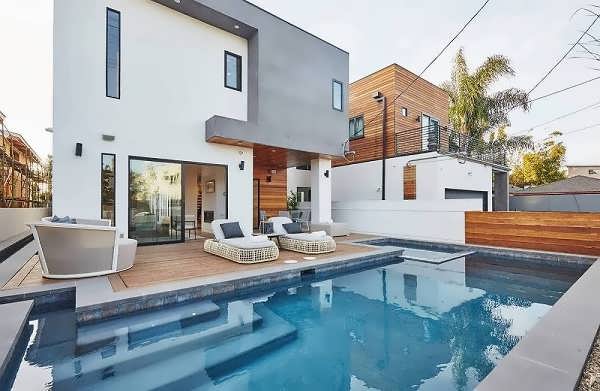One of the keys to being successful in real estate is spotting properties that have potential and fixing and flipping them before your competitors do. This is a great way to maximize your returns on investment. However, while seeming like an easy job, fixing and flipping properties can be a more complicated process and there are a few things you should keep in mind. Here are Sunset Equity’s 7 tips for beginner fix and flippers:
- Make friends with a contractor
Knowing which properties will be the best investment for you is important in the real estate industry. Therefore, having a contractor you trust is vitally important. As a fix and flipper, you are going to need a contractor that has a lot of experience and is able to accurately make estimates on properties so that you are able to quickly decide on your next investment.
- Know your strengths and weaknesses
Often times people think that putting in their own physical capital to flip a property will save them a lot of money. This is the case when you are able to adequately take the place of the expensive labor that comes with construction. Keeping this in mind, you should assess your strengths in weaknesses before you begin a project to see if you can complete all of the tasks you set out to do in order to flip your property. This is very important because if not assessed correctly, you might end up paying for outside help that is beyond your budget.
- Build a relationship with a realtor
Along with your relationship with your contractor, your relationship with your realtor is equally important. You need a realtor who knows exactly what you are looking for, accurately estimates what it will cost to flip the property, and knows the strengths of the property that will make it sell. Additionally, they should have your back and help you secure a property at a bargain price.
- Inspect the house first
Not having a property inspection for real-estate you are investing in is one of the biggest mistakes you can make. Without an inspection, you are unable to assess what needs to be fixed to make the property habitable as well as all as the costs for additionally adjustments in the renovation process.
- Know your financial plan
Buying a house and fixing it for yourself is very different from buying a house just to put back on the market. This is because fix and flips are short term investments. In order to maximize your profit, you should buy and fix the house for significantly less than what you are going to sell it for on the market.
- Look into different financing options
Most fix and flippers do not have the funds available to adequately purchase, renovate, and resell their intended property, so they look to third-party options such as lenders. There are a variety of different options. First there are conventional or traditional lenders which have low rates and are backed by the bank. Second there are private hard-money lenders which approve loans a lot quicker since it is focused on collateral and have more flexible loans than traditional lenders.
- Check your surroundings
As many people know, the neighborhood a property is in can significantly change the price. Therefore as a smart fix and flipper you should look to invest in properties in up and coming neighborhoods were change is happening. Ideally investing in properties that are surrounded by other properties that have been fixed and flipper is the move. Additionally make sure to look for places that are not too close to a busy streets or excessive noise.
Here at Sunset Equity, we deliver the industry’s best private lending products and programs aimed to serve our clients. We lend nationwide and make it our goal to provide the best in private financing in the real-estate industry so that you can fix and flip the properties that you want. To learn more about Sunset Equity’s lending programs, please call 1-833-SUNSET-1 or email intakemanager@sunsetequitygroup.com.
Benjamin Donel, CEO

